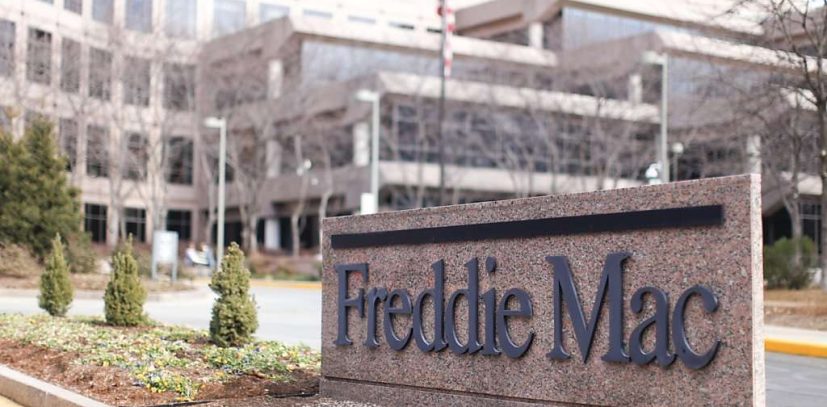The idea of a central bank in the United States has been a controversial topic since the days of Alexander Hamilton the guy on the $10 bill. And while many things have changed over the past few centuries here in the U.S., much hasn’t. Bernie Sanders has been quite vocal on his thoughts of the Fed, the banks, Wall Street, capitalism in general and how he would make everything work to benefit the little guy. Bernie’s claims are many, so for now let’s just focus on that early Christmas/late Chanukah gift he wrote last December for Janet Yellen in his NY Times OpEd.
Bernie Sanders is an intelligent man, talented legislator and my favorite Larry David character. His first specific new rule for the Fed suggests no interest rate increases until unemployment is lower than 4 percent. “Phantom Inflation” is none of his concern as he quickly promotes a U1 and CPI based formulaic approach to managing rates. It is disturbing to see the people’s champ so easily dismiss inflation as make believe. If there were no inflation, then why the need for higher wages and all the freebies? Because U1 and CPI have lost touch with the economic reality facing many American workers over the past few decades, and just about anyone outside of government would agree to that. Perhaps I’m expecting too much from the congressman of the perennial 49th ranking state on the American Legislative Exchange Council’s Rich States, Poor States Ranking.
“If I were elected president, the foxes would no longer guard the henhouse.” Which is his way of saying we need to eliminate conflicts of interest within the Fed always easier said than done. A President Bernie would go wide left by having the Fed board “include representatives from all walks of life including labor, consumers, homeowners, urban residents, farmers and small businesses.” Hey, I was upset with how the bailouts were handled and I’m a bit tired of seeing Goldman Sachs and the Pats win too. The idea of a Fed board inevitably controlled by the NAR, UAW, AARP, regular Joes and random community organizers shilling for their respective interests doesn’t sound much better. There are some amazing people already working in the banking and finance industry. Folding FinTech and other industry leaders into the board would be a great step towards taking oureconomy into the future (just no one from Lending Club). Oversimplifying some of the issues within the Mariner Eccles building and offering “inclusive” feel good solutions may satiate those already feeling the Bern, but it’s not a very practical or sensible approach towards ending conflicts of interest.
The scariest part of Bernie’s OpEd lies within the subtext of demanding that the Fed charge a fee on excess reserves (i.e. negative interest rates) with the proceeds used to provide (i.e. redistribute) direct loans to small businesses. This seems like a more extreme version of the Community Reinvestment Act meant to help grow home ownership among the middle class and working class. It instead helped create the subprime mortgage bubble and the large bank bail out that Bernie takes issue with. Clearly the Bern wants to help the 99% achieve higher taxed wealth and savings through the magic of negative interest rates and additional regulation. Somehow I feel the end result of a would be “Small Business Reinvestment Act” could end up worse than the last subprime bubble as businesses do not typically maintain their values as well as homes when it comes to liquidation. That and I dunno, running a business can be a bit more challenging than running a household.
Bernie clearly wants to help out a lot of folks in the lower and middle class and we shouldn’t be upset with him for that. However, Congress has a pretty lousy record of playing banker, teacher, soldier and doctor. Bern’n down the Fed with inclusion, penalties and forced lending policies aren’t the answers to creating wealth and greater income equality. In fact, I’m not exactly sure what is that’s someone else’s job. I’d love to write some more, but I’ve got a small business to run.











